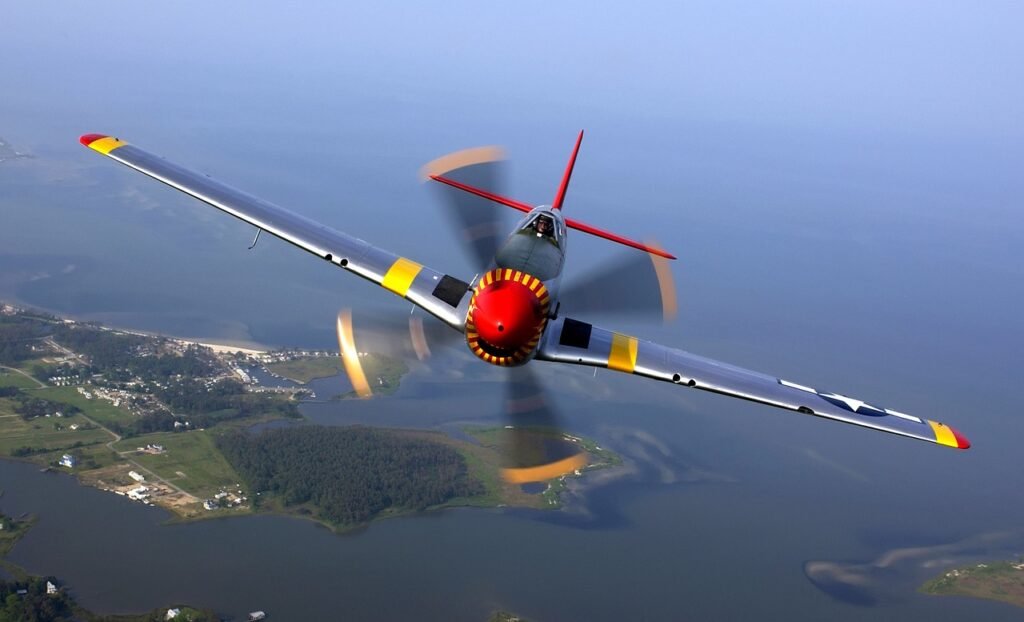After watching alot of aircraft investigation shows i noticed alot of crashes were due to pilot mistakes, i guess especially for commercial pilots between rakeoff and landing not a lot goes on and you can lose pilot skills.
A good pilot is someone who possesses a range of qualities, skills, and knowledge that enable them to operate an aircraft safely, efficiently, and professionally. Here are some of the key attributes that make a good pilot:
Knowledge and Expertise: A good pilot has a deep understanding of aviation theory, aircraft systems, aerodynamics, weather, navigation, and regulations. They continually update their knowledge and skills through ongoing training and education.
Situational Awareness: A good pilot is always aware of their surroundings and able to anticipate and respond to potential hazards or challenges.
Communication: Effective communication is critical for safe and efficient flight operations. A good pilot communicates clearly and accurately with air traffic control, crew members, passengers, and ground personnel.
Decision Making: A good pilot is able to make quick, informed decisions in high-pressure situations, weighing up the risks and benefits of different options.
Technical Skills: A good pilot has excellent manual dexterity and motor skills, enabling them to operate aircraft controls with precision and accuracy.
Safety Focus: A good pilot prioritizes safety above all else, taking proactive measures to mitigate risks and ensure the safety of all crew and passengers.
Attention to Detail: A good pilot is meticulous in their pre-flight checks and planning, ensuring that every aspect of the flight is properly prepared and executed.
Teamwork: A good pilot works effectively as part of a team, collaborating with crew members and ground personnel to ensure that all aspects of the flight are coordinated and executed smoothly.
Emotional Intelligence: A good pilot has the ability to manage their own emotions and interact with others in a professional and respectful manner, even in challenging situations.
Adaptability: A good pilot is able to adapt to changing circumstances, such as weather conditions, mechanical issues, or unexpected events, and make necessary adjustments to the flight plan.
In conclusion, a good pilot is someone who possesses a range of qualities and skills, including knowledge and expertise, situational awareness, communication, decision making, technical skills, safety focus, attention to detail, teamwork, emotional intelligence, and adaptability. By continually honing these attributes, pilots can become skilled and respected professionals in the aviation industry.
Research Pilot Schools. …
Take an Admissions Flight. …
Apply for FAA Medical Certificate. …
Apply for FAA Student Pilot Certificate. …
Start Flight Training Lessons. …
Pass Private Pilot Knowledge Test. …
Pass Private Pilot Practical Exam
Becoming a jet pilot is a challenging and rewarding career path. It requires a lot of hard work, dedication, and training. Here are the steps you can take to go from a beginner pilot to flying jets:
- Obtain a Private Pilot License: The first step in becoming a jet pilot is to obtain a private pilot license. This will allow you to fly small single-engine planes and gain valuable flight experience.
- Get Certified as a Commercial Pilot: After obtaining a private pilot license, the next step is to get certified as a commercial pilot. This requires more flight hours and additional training to fly larger and more complex aircraft.
- Build Flight Hours: One of the most important things you can do to become a jet pilot is to build flight hours. This can be done by working as a flight instructor, flying for a charter company, or as a corporate pilot.
- Obtain Instrument Rating: An instrument rating is necessary for flying in low visibility and poor weather conditions. It requires additional training and a written exam.
- Get Certified to Fly Multi-Engine Aircraft: To fly jets, you must be certified to fly multi-engine aircraft. This involves additional training and a flight test.
- Obtain Type Rating: A type rating is required to fly a specific type of jet. It involves additional training and a checkride in the specific aircraft you want to fly.
- Gain Experience Flying Turboprops: Before flying jets, it’s recommended to gain experience flying turboprop aircraft. This will help you build the necessary skills and experience to fly jets.
- Network: Building a network in the aviation industry can be helpful in finding job opportunities and advancing your career. Attend industry events and connect with other pilots, recruiters, and employers.
- Apply for Jet Pilot Jobs: Once you have the necessary qualifications and experience, start applying for jet pilot jobs. Look for job openings at airlines, corporate aviation departments, and military organizations.
- Continue Training and Education: As a jet pilot, it’s important to continue your training and education to stay up-to-date with the latest technology and safety procedures. Attend training courses and seminars to improve your skills and knowledge.
In conclusion, becoming a jet pilot requires a lot of hard work, dedication, and training. By following these steps and building your experience and qualifications, you can achieve your dream of flying jets. Remember to always prioritize safety and continue learning throughout your career.


Hi, this is a comment.
To get started with moderating, editing, and deleting comments, please visit the Comments screen in the dashboard.
Commenter avatars come from Gravatar.